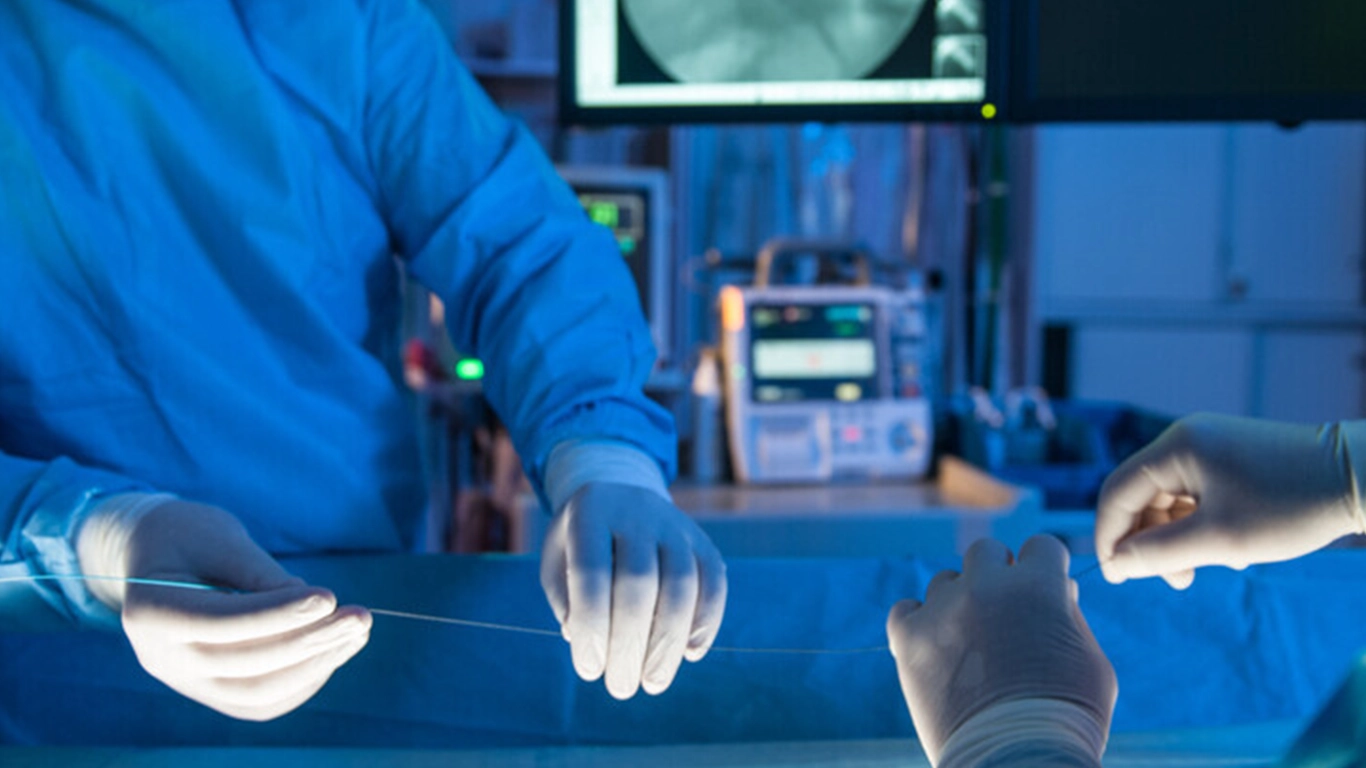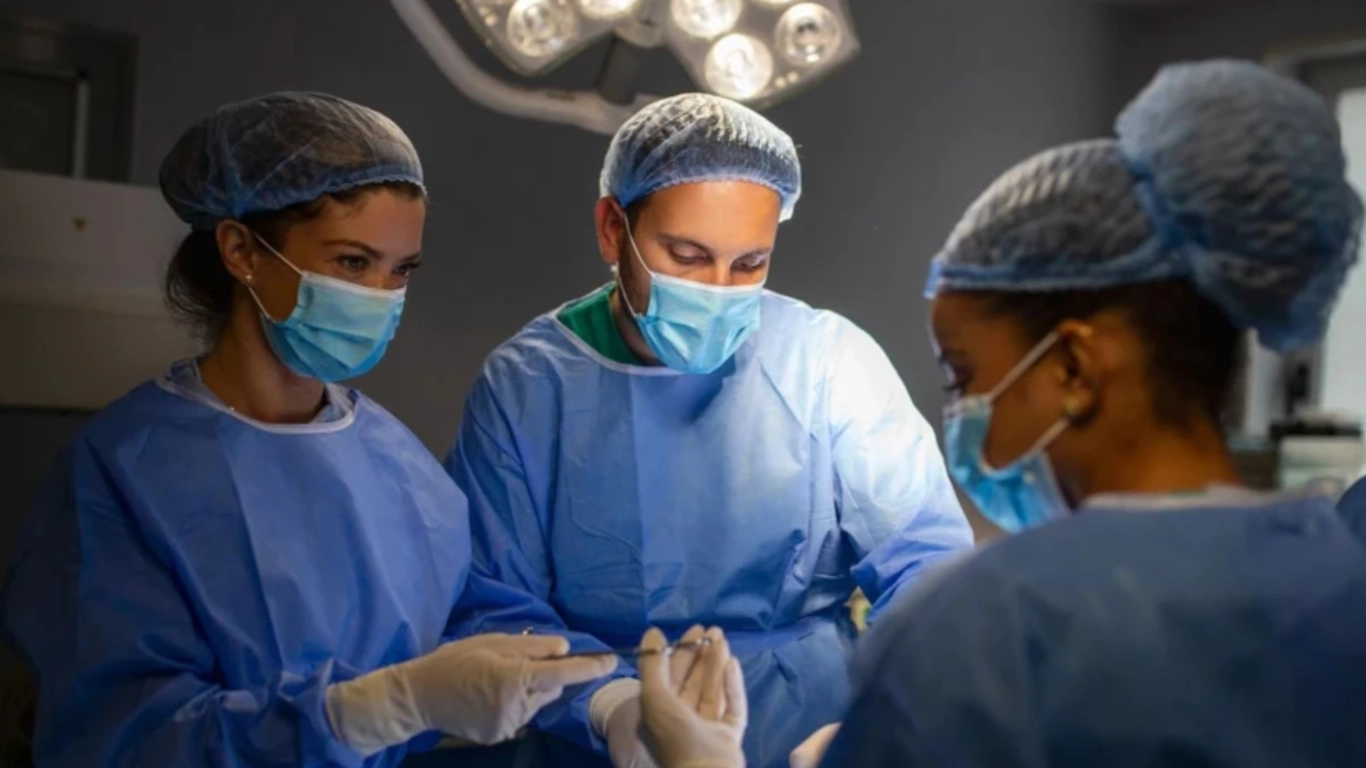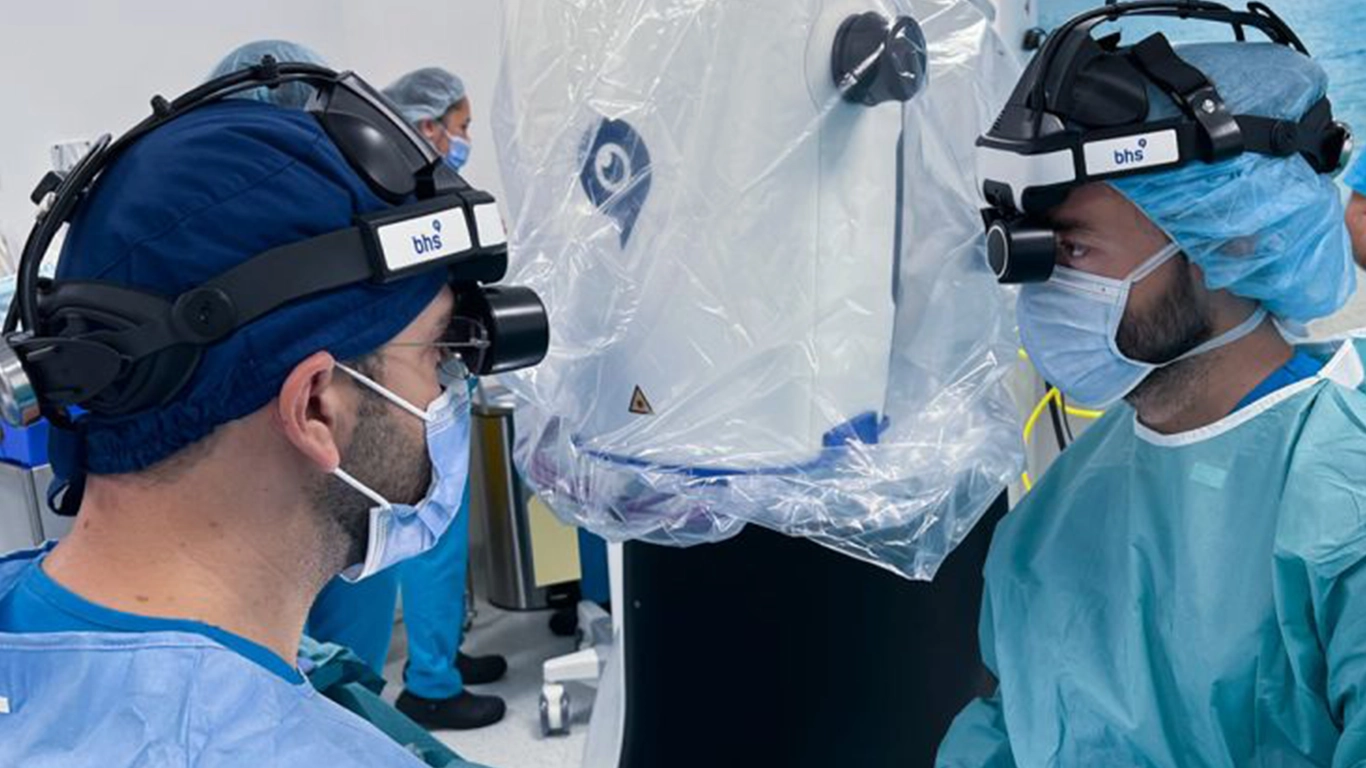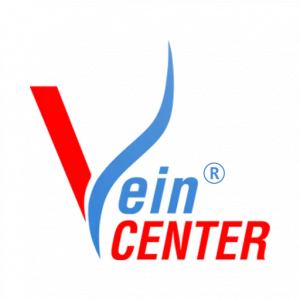Leading Varicocele Treatment in Mumbai at The Vein Center Clinic
Booking Form

Specialized Varicocele Care in Mumbai
A varicocele is an abnormal enlargement of the veins within the scrotum, similar to varicose veins found in the legs. It can lead to discomfort, pain, and even infertility if left untreated. Varicoceles typically develop during puberty and are more common on the left side of the scrotum.
Symptoms of Varicocele
- Dull, aching pain in the scrotum, which may worsen after physical activity or standing for long periods.
- Swelling or a visible enlargement of the veins in the scrotum.
- Feeling of heaviness or discomfort in the testicles.
- Reduced fertility or difficulty conceiving.
- Testicular atrophy (shrinkage) in more severe cases.
Grading of Varicocele
Grade I (Mild): Small varicoceles that are not visible but can be felt during a Valsalva maneuver (bearing down).
Grade II (Moderate): Varicoceles that are not visible but can be felt easily without any maneuver.
Grade III (Severe): Large varicoceles that are easily visible and palpable, often resembling a “bag of worms.”
Diagnosis of Varicocele
The diagnosis of varicocele involves:
Physical Examination
A healthcare provider will examine the scrotum while the patient is standing or lying down. The Valsalva maneuver may be used to detect smaller varicoceles.
Scrotal Ultrasound
A scrotal ultrasound is the most reliable diagnostic tool, providing a detailed image of the veins and detecting blood flow abnormalities.
Doppler Ultrasound
This test measures the blood flow in the veins, helping to identify any abnormalities that might indicate a varicocele.
Treatment Options for Varicocele
Non-Surgical Treatment Options
1. Varicocele Embolization
This is a minimally invasive, non-surgical procedure performed by an interventional radiologist. It involves inserting a small catheter into the affected vein and using tiny coils or a sclerosing agent to block the blood flow to the varicocele. This procedure has a quick recovery time, fewer complications, and a high success rate compared to surgery.

Surgical Treatment Options

2. Varicocelectomy
This is a surgical procedure that involves tying off the affected veins to redirect blood flow to normal veins. It can be performed using various techniques, including open surgery, laparoscopic surgery, or microscopic surgery.
3. Microsurgical Varicocelectomy
This is the most advanced surgical method, offering a high success rate with minimal complications and quicker recovery. It involves using a microscope to target the veins precisely while avoiding damage to surrounding tissues.

Other Solutions
Lifestyle Changes: Wearing a scrotal support or avoiding activities that worsen the pain can sometimes help manage symptoms in mild cases. Pain Management: Over-the-counter pain relievers like ibuprofen or acetaminophen may be used to reduce discomfort.
Why Choose The Vein Center for Varicocele Treatment in Mumbai?
At The Vein Center, we offer state-of-the-art varicocele treatments, including non-surgical options like varicocele embolization, which provides a faster recovery and lower risk of recurrence compared to traditional surgical methods. Led by Dr. Saurabh Joshi, our team specializes in personalized care, advanced diagnostic techniques, and effective treatment plans to ensure the best outcomes for our patients. Check our clinic locations here.
Frequently Asked Questions About Varicose Veins Treatment
1. What is the most effective treatment for varicocele?
The most effective treatment for varicocele depends on the severity of the condition and the patient’s symptoms. Common treatments include surgical procedures like varicocelectomy and minimally invasive options like varicocele embolization, which have high success rates and quicker recovery times.
2. What is varicocele embolization?
Varicocele embolization is a non-surgical, minimally invasive procedure used to treat varicocele. It involves inserting a small catheter into the affected vein and using a medical device or solution to block the blood flow, which helps reduce the varicocele. This procedure has a quick recovery time and fewer complications compared to traditional surgery.
3. Is varicocele embolization painful?
Varicocele embolization is generally not painful. It is usually performed under local anesthesia or mild sedation, so most patients experience minimal discomfort during the procedure. Some mild soreness or bruising might occur afterward, but it typically resolves quickly.
4. How long does it take to recover from varicocele embolization?
Recovery from varicocele embolization is usually quick. Most patients can return to their normal activities within 24-48 hours after the procedure, with full recovery in about a week. This is significantly faster than the recovery time for surgical procedures like varicocelectomy.
5. Are there any risks or complications associated with varicocele embolization?
Varicocele embolization is considered a safe procedure with a low risk of complications. Possible side effects may include minor bruising, infection, or discomfort at the insertion site, but these are rare and usually resolve on their own.
6. What are the signs that I might need varicocele treatment?
You might need varicocele treatment if you experience symptoms like dull or aching pain in the scrotum, swelling, testicular discomfort, or difficulty with fertility. If these symptoms affect your quality of life or cause significant discomfort, it’s important to consult a specialist.
7. Can varicocele affect fertility?
Yes, varicocele can affect fertility by impairing sperm production and quality. It’s a common cause of infertility in men, and treating varicocele can often improve sperm parameters and increase the chances of conception.
8. What is the difference between surgical treatment and varicocele embolization?
Surgical treatment, like varicocelectomy, involves tying off the affected veins through an open incision or laparoscopic method. In contrast, varicocele embolization is a non-surgical procedure that blocks blood flow to the varicocele through a catheter. Embolization has the advantage of being less invasive, with a shorter recovery time and fewer risks.
9. Is varicocele treatment always necessary?
Not all varicoceles require treatment. If the varicocele does not cause symptoms or affect fertility, it might not need to be treated. However, if it leads to pain, testicular shrinkage, or infertility, treatment is recommended.
10. Why choose The Vein Center for varicocele embolization?
The Vein Center, led by Dr. Saurabh Joshi, offers advanced varicocele embolization procedures, providing a non-surgical, effective treatment with minimal downtime. Our expertise in minimally invasive techniques and patient-focused care ensures the best outcomes for those dealing with varicocele.

